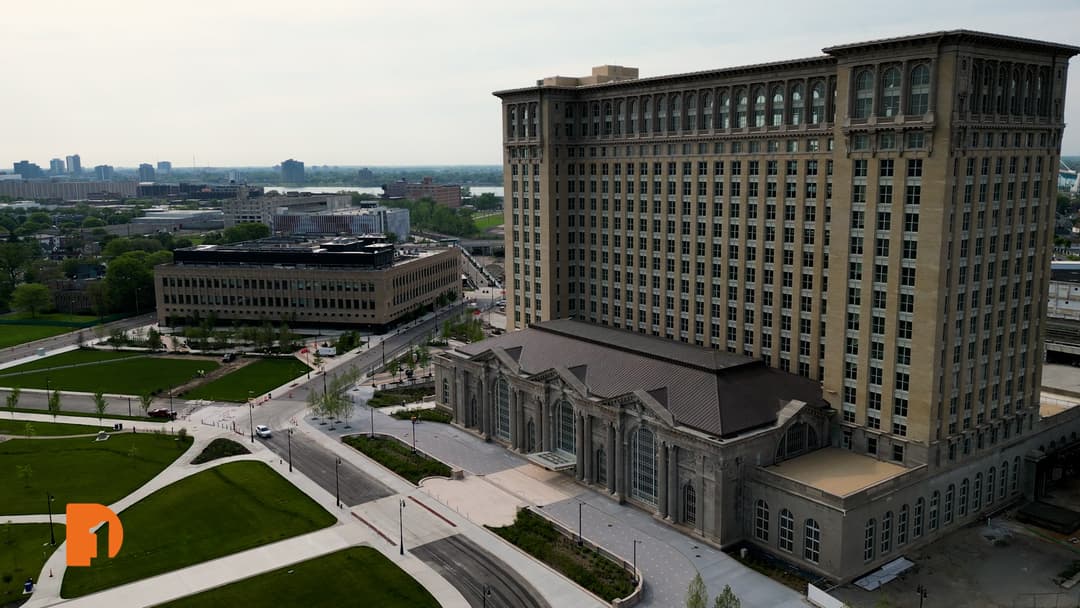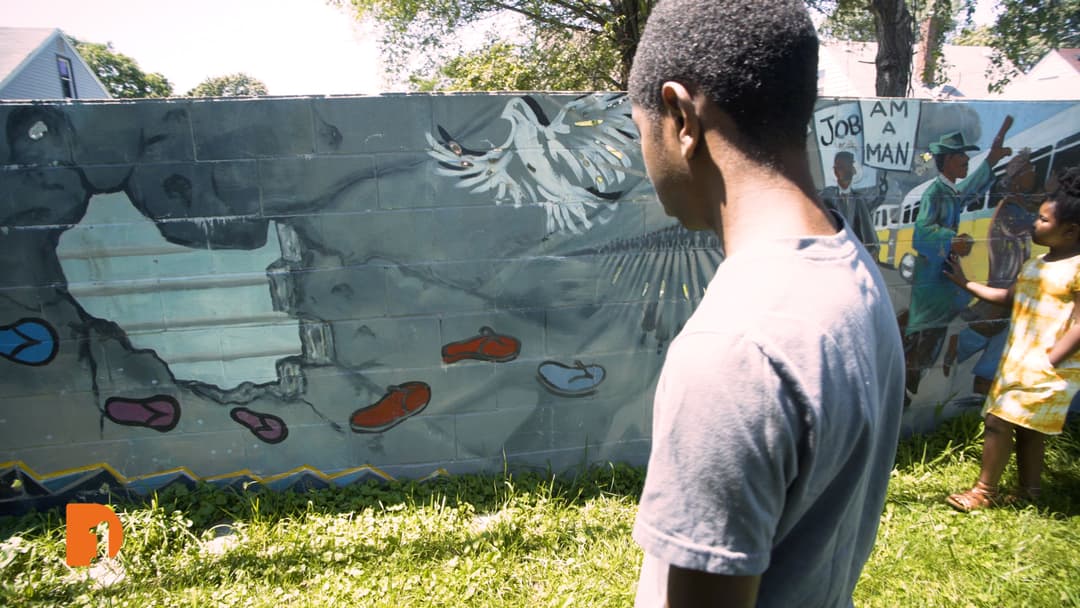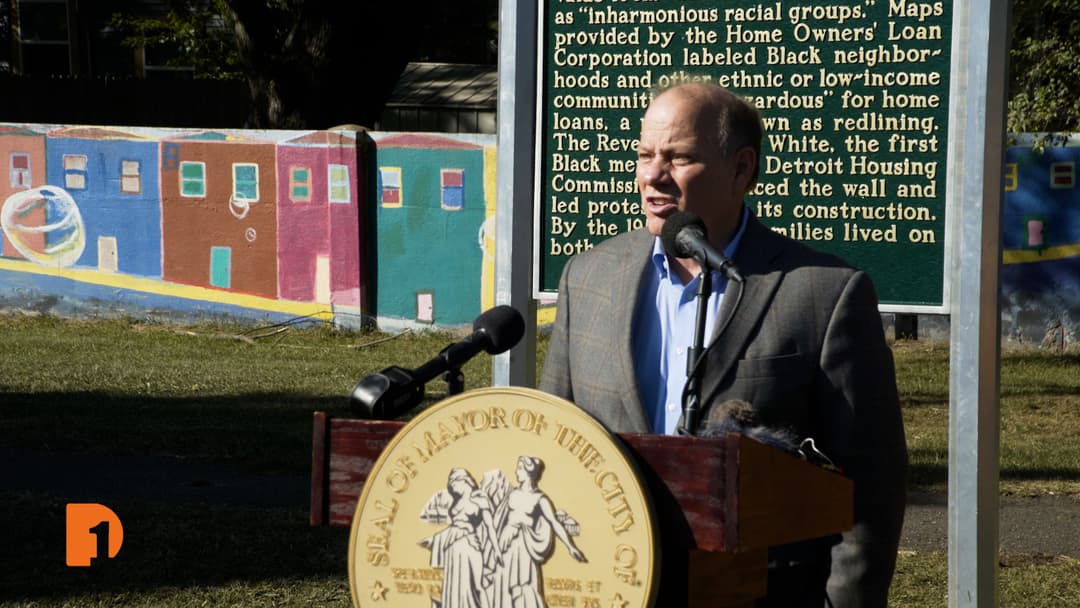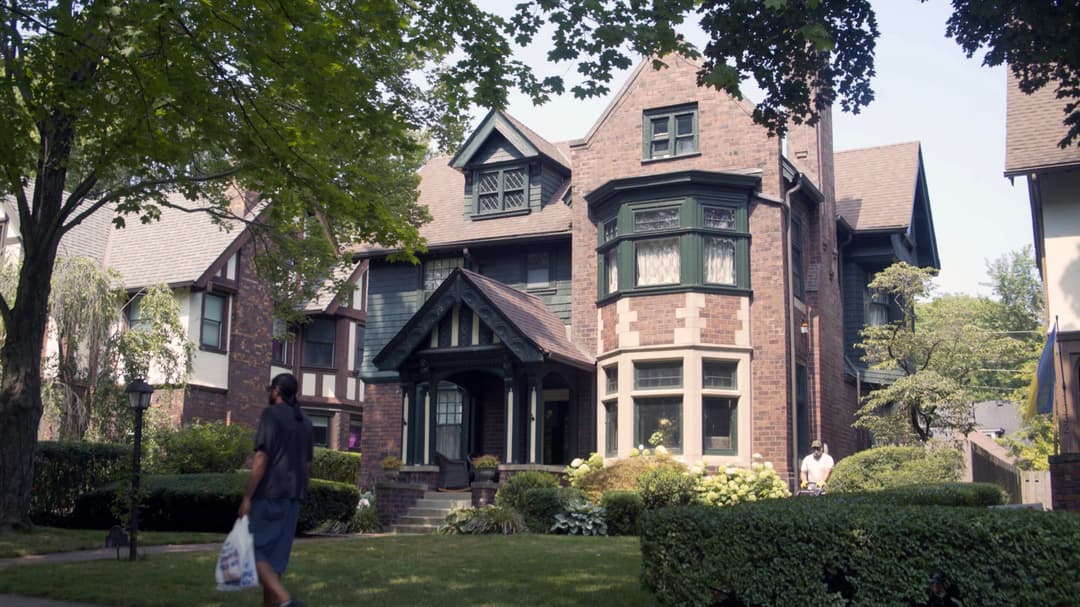
BridgeDetroit | Built to keep Black from white: The story behind Detroit’s Wailing Wall
Jul 19, 2021
When they started building the wall behind Margaret Watson’s house in northwest Detroit, she knew the reason without having to ask.
As a child in the late 1930s, Watson had seen the new streets laid down like a tic-tac-toe board in the open fields where her father once planted a garden the size of a city block.
She’d roller-skated down those newly paved lanes at speeds that would have been impossible on the dirt roads that ran in front of her house.
She knew the new streets had to be for white families — not Black ones like hers — so she wasn’t particularly surprised when, in the spring of 1941, a 6-foot-high, 4-inch-thick, half-mile-long concrete fortification suddenly appeared in her backyard.
If white people were moving in, she reasoned, they’d need a way to keep her out.
“I don’t remember feeling any way about it except it was the same old, same old,” said Watson, now 93, who still lives in that house and recalled being excluded from certain restaurants and stores growing up.
“I mean, I lived in Detroit all my life,” Watson said. “Detroit has been segregated all my life.”
The wall in Watson’s backyard was built by white real estate developers who struggled to secure financing for their white neighborhood until they cut it off from a Black one. It is one of a number of segregation walls built in the mid-20th century for this purpose and one of a few still standing.
The divider — called the “Birwood wall,” the “Eight Mile wall” or the “wailing wall” — can’t be blamed for inventing segregation. But the barrier, and the policies that led to its existence, would have far-reaching repercussions for the people, both Black and white, who lived in its shadow.
For the whole story, check out BridgeDetroit’s website.
Stay Connected
Subscribe to One Detroit’s YouTube Channel and don’t miss One Detroit on Thursdays at 7:30 p.m. and Sundays at 9 a.m. on Detroit PBS, WTVS-Channel 56.
Catch the daily conversations on our website, Facebook, Twitter @OneDetroit_PBS, and Instagram @One.Detroit
Related Posts
Leave a Reply
Your email address will not be published. Required fields are marked*



























